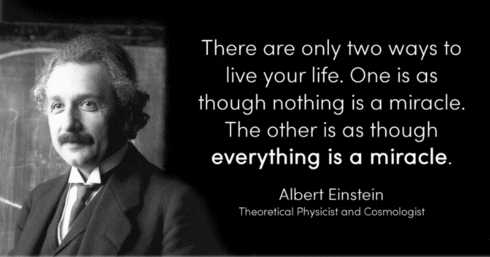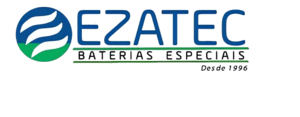버스 컨버터를 적용한 전기자동차용DC-DC 배터리 충전기에 관한 연구
Doctor of Engineerintg Reques
ABSTRACT
Recently, it has become an important issue to solve the
environmental pollution problem caused by exhaust gas in the
automobile industry. Also, a lot of researches are proceeding
to develop eco-friendly vehicles such as electric vehicles.
Basically, electric vehicles are equipped with batteries and
various types of battery chargers. Among the battery chargers,
the DC-DC battery charger is powered from the high-voltage
battery for motor drive and charges the low-voltage battery
for driving electrical components. The 3.5kW DC-DC battery
charger could be developed with a phase-shift full-bridge
converter. However, a conventional phase-shift full-bridge
converter has low performance, which is resulted from both
low effective duty ratio and low transformer turn ratio, when
designed as a battery charger with a wide input/output voltage
range. To overcome these drawbacks, this paper suggests DC-DC
battery charger employing bus converter for electric vehicles.
The proposed DC-DC battery consists of the bus converter and
the pre-regulator. The bus converter produces constant input/
output voltage conversion ratio, and the pre-regulator
controls the output of the bus converter by providing a
variable link voltage to the bus converter.
The bus converter adopts the two-transformer full-bridge
converter with active clamp circuit, which operates constantly
with a maximum duty ratio of 0.5. The two-transformer
full-bridge converter simplifies the secondary-side circuit,
since two series-connected transformers replace output
inductor. Also, the two transformers can be integrated, which
provides efficient device placement solution. The bus
converter eliminates conduction loss caused by the circulating
current and achieves ZVS for the full-bridge inverter easily
without commutating inductor. In addition, the bus converter
achieves excellent ripple cancellation effects and small
output current ripple. The bus converter can adopt SR switches
with low Rds.on and reduce conduction loss on SR switches, since
the bus converter minimizes voltage stress across SR switches.
Therefore, the bus converter is very suitable for high output
current applications.
The proposed step-up/step-down converter is derived from a
two-switch buck-boost converter operating the boost leg with a
constant duty ratio of 0.5. The proposed step-up/step-down
converter can share switches with the bus converter. Also, the
proposed converter has low current ripple by using coupled
inductor.
The proposed DC-DC battery charger employs the bus converter
and the proposed step-up/step-down converter as the preregulator.
The proposed battery charger realizes high power
density by sharing switches. Also, the control of the proposed
DC-DC battery charger is simple because the battery charger
adopts PWM control.
In this paper, the operation principle of the proposed
battery charger is explained and verified by experimental
results with 3.5kW prototype. The proposed DC-DC battery
charger achieves high efficiency. The maximum measured
efficiency is 96.25%.
Key Words : Electric Vehicle, Battery Charger, Bus Converter,
Full-Bridge Converter, Two Transformer, Pre-Regulator, Coupled
inductor
ORIGINAL LINK: http://www.riss.kr/search/detail/DetailView.do?p_mat_type=be54d9b8bc7cdb09&control_no=c7106ade01d21f03ffe0bdc3ef48d419

.gif)













Nenhum comentário:
Postar um comentário